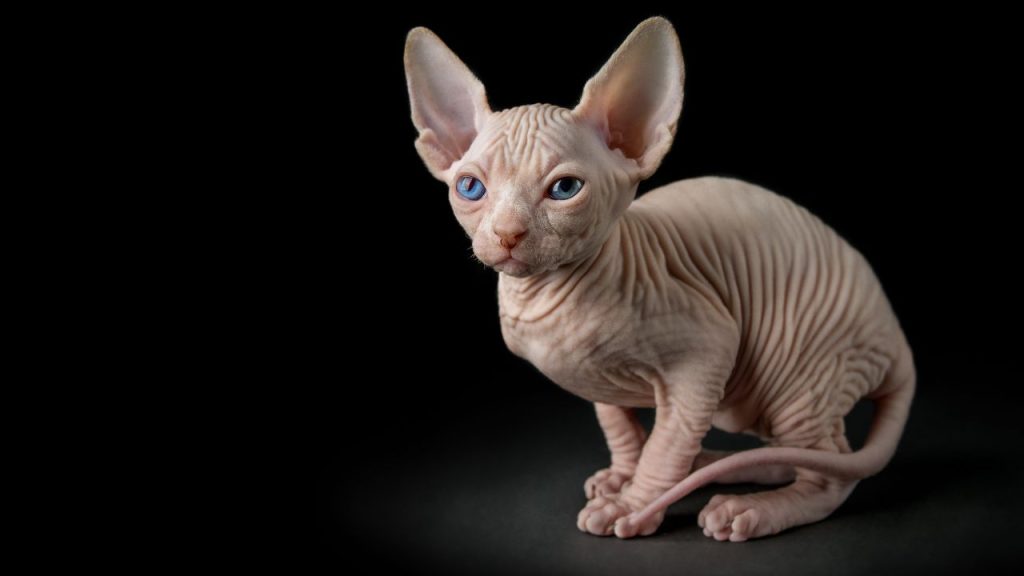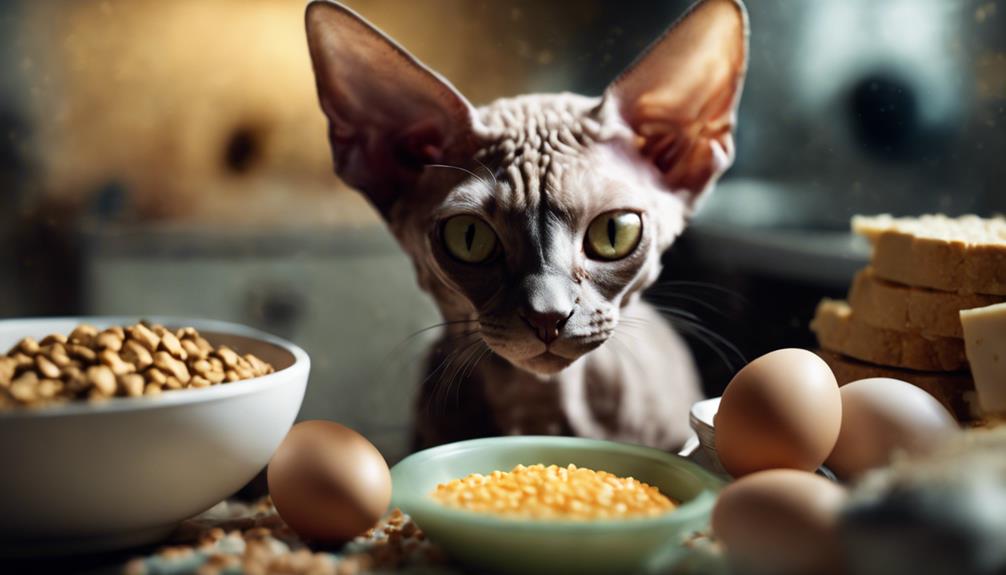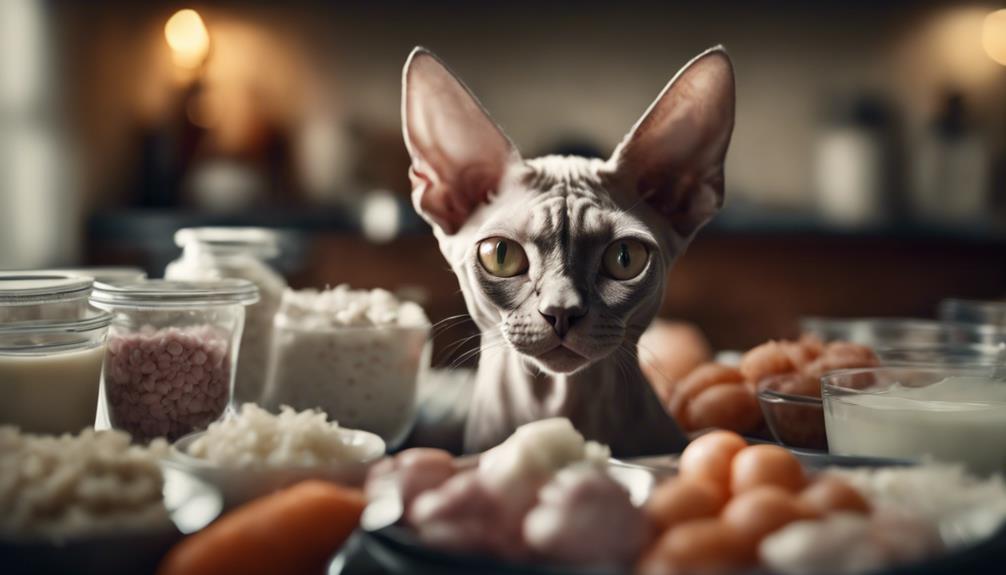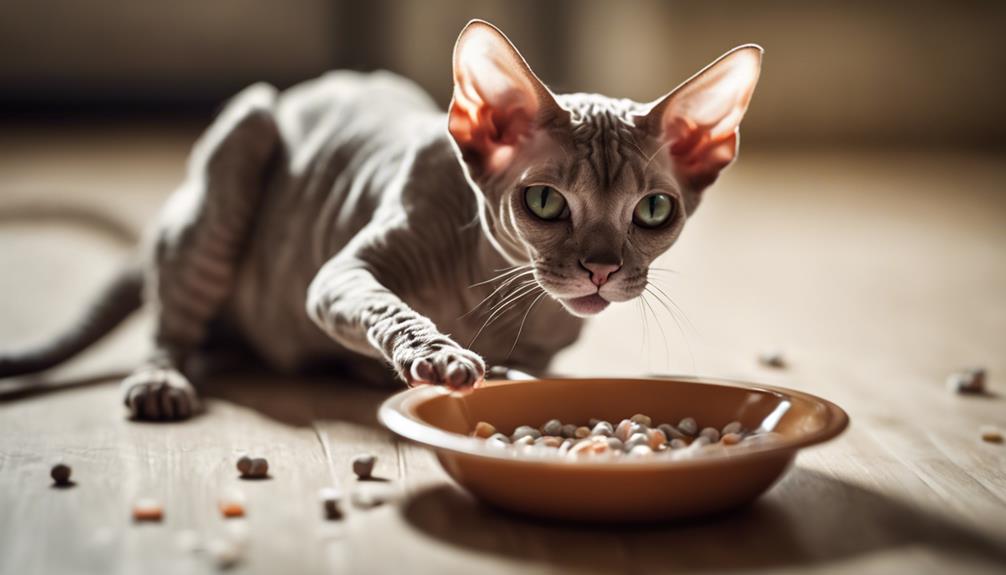Sphynx cats are one of the most unique and fascinating cat breeds out there. These hairless felines are instantly recognizable thanks to their wrinkled skin and large ears. But just how rare are they? Well, the truth is that while they might not be the most common breed, they’re certainly not the rarest either.
In terms of popularity, Sphynx cats are definitely gaining in popularity. While they were once considered a very rare breed, they’re becoming more and more popular with pet owners all over the world. In fact, many people are drawn to their unique appearance and the fact that they’re hypoallergenic, making them a great choice for people with allergies.
Of course, with their rising popularity comes a higher price tag. Sphynx cats can be quite expensive to purchase, with some breeders charging thousands of dollars for a single kitten. However, for those who are willing to invest in a Sphynx cat, they can make wonderful and loving companions.
What Makes Sphynx Cats Unique?
Sphynx cats are one of the most unique cat breeds in the world, known for their hairless appearance and affectionate personalities. Here are some key characteristics that make them stand out:
Lack of Fur
The most distinctive feature of Sphynx cats is their lack of fur, which is the result of a genetic mutation. While some Sphynx cats may have a coat of fuzz or a peach-fuzz coating of hair that is no more than 1/8-inch in length, most are completely bald. This lack of fur means that they require special care, including regular baths to remove body oils and prevent skin problems.
Genetic Mutation
The hairlessness of Sphynx cats is the result of a genetic mutation that first appeared in a litter of domestic shorthair cats in Toronto, Canada in 1966. The breed was created through selective breeding and outcrossing with other hairless breeds, such as the Don Sphynx and the Peterbald. Today, the Sphynx cat is recognized by cat associations such as TICA and CFA.
Sphynx cats are also known for their intelligence, playfulness, and affectionate nature. They are social cats that thrive on attention and make great family pets. However, they require special care due to their lack of fur, which can make them more susceptible to infections and skin cancer.
In addition to their hairlessness, Sphynx cats have other unique features, such as their large ears and vocal nature. They are also known for being hypoallergenic, as they produce less of the allergen Fel d 1 than other cat breeds. However, it’s important to note that they are not completely allergen-free and may still cause allergic reactions in some people.
Overall, Sphynx cats are a fascinating and energetic breed that require special care and attention. If you’re considering adding a Sphynx to your family, be prepared to provide regular baths, a special diet, and plenty of love and attention to keep them healthy and happy.
Caring for a Sphynx Cat
If you are considering adopting a Sphynx cat, it is important to understand that they require special care. Here are some things to keep in mind:
Special Care
Sphynx cats have very little fur, which means they are more sensitive to temperature changes. They may need extra warmth during colder months or in air-conditioned spaces. It is also important to limit their sun exposure, as they are at risk of sunburn.
Diet and Grooming
Sphynx cats have a high metabolism and require a high-quality, protein-rich diet. You should consult with a veterinarian to determine the best diet for your cat’s specific needs.
Because Sphynx cats have very little fur, their skin can become oily and prone to infections. Regular baths are necessary to keep their skin clean and healthy. You should also clean their ears and trim their nails regularly.

Health Issues
Sphynx cats are prone to certain health issues, including hypertrophic cardiomyopathy, a condition that affects the heart. It is important to take your cat to the veterinarian regularly for check-ups and to monitor their health.
Sphynx cats are also at risk of developing skin cancer, so it is important to keep them out of direct sunlight. If you notice any unusual lumps or bumps on your cat’s skin, you should take them to the veterinarian right away.
In conclusion, caring for a Sphynx cat requires special attention to their unique needs. With proper care and attention, your Sphynx cat can live a happy and healthy life.
Conclusion
In conclusion, Sphynx cats are a unique and fascinating breed of cat that has gained popularity in recent years. While they are not necessarily rare, they are still considered a relatively uncommon breed due to their distinctive hairless appearance.
As with any pet, owning a Sphynx cat comes with its own set of responsibilities and challenges. They require regular grooming and attention to keep their skin healthy and free from infections. Additionally, they are sensitive to sun exposure and must be protected from harmful UV rays.
Sphynx cats can be quite expensive to purchase, with prices ranging from $1,500 to $3,000 or more. However, their popularity as a companion animal has made them more widely available than in the past.
Overall, Sphynx cats make wonderful pets for those who are willing to put in the extra effort to care for them properly. They are intelligent, affectionate, and playful, and form strong bonds with their owners. If you are considering adding a Sphynx cat to your family, be sure to do your research and find a reputable breeder or adoption agency.




